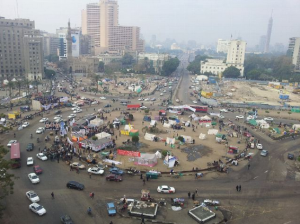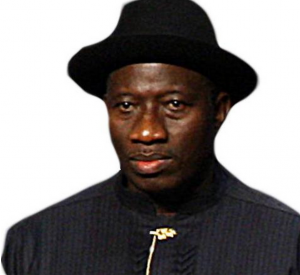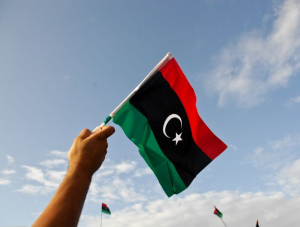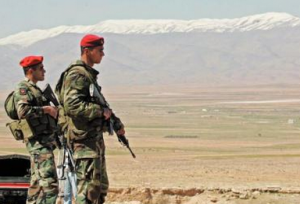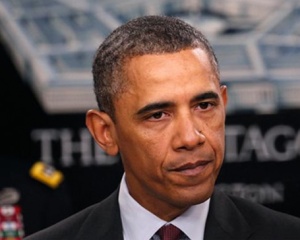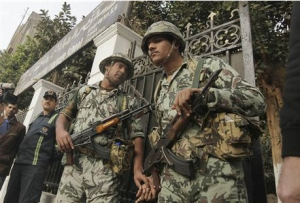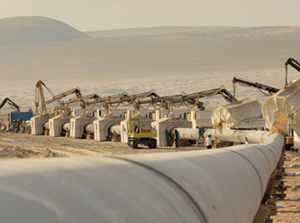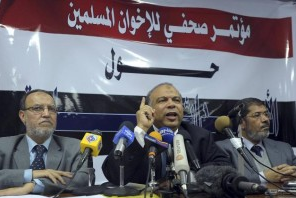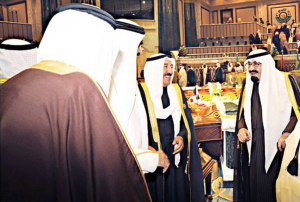Reforming much-hated security forces are the first step in resolving the Island nation’s sectarian conflict before it deteriorates further.
As Bahrain braces for the year anniversary of the outbreak of its protest movement, worrying trends are beginning to emerge in the activity of its Shia-led activist groups. Since February 14 2011, the opposition’s modus operandi consisted of mostly civil disobedience acts aimed at drawing the world’s attention to the inequality facing the Shia majority. In past months however, activists have stepped up acts of violence, mainly aimed at security forces, whose alleged brutality has come to symbolize their oppression at the hands of the Sunni monarchy.
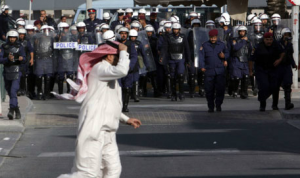
On January 24, opposition groups launched a campaign dubbed “the Rebel’s grip” aimed at expelling the regime’s security forces from Shia villages in the central and northern parts of the Island. The campaign comes days after a prominent Shia cleric issued a particularly scathing sermon, calling for supporters to assault any security personnel suspected of attacking female protesters. The opposition’s rage towards security forces comes after a year of high profile incidents involving protesters’ deaths as a result of police brutality. Many of these incidents were caught on video, spread through social media and ingrained in the minds of activists.
